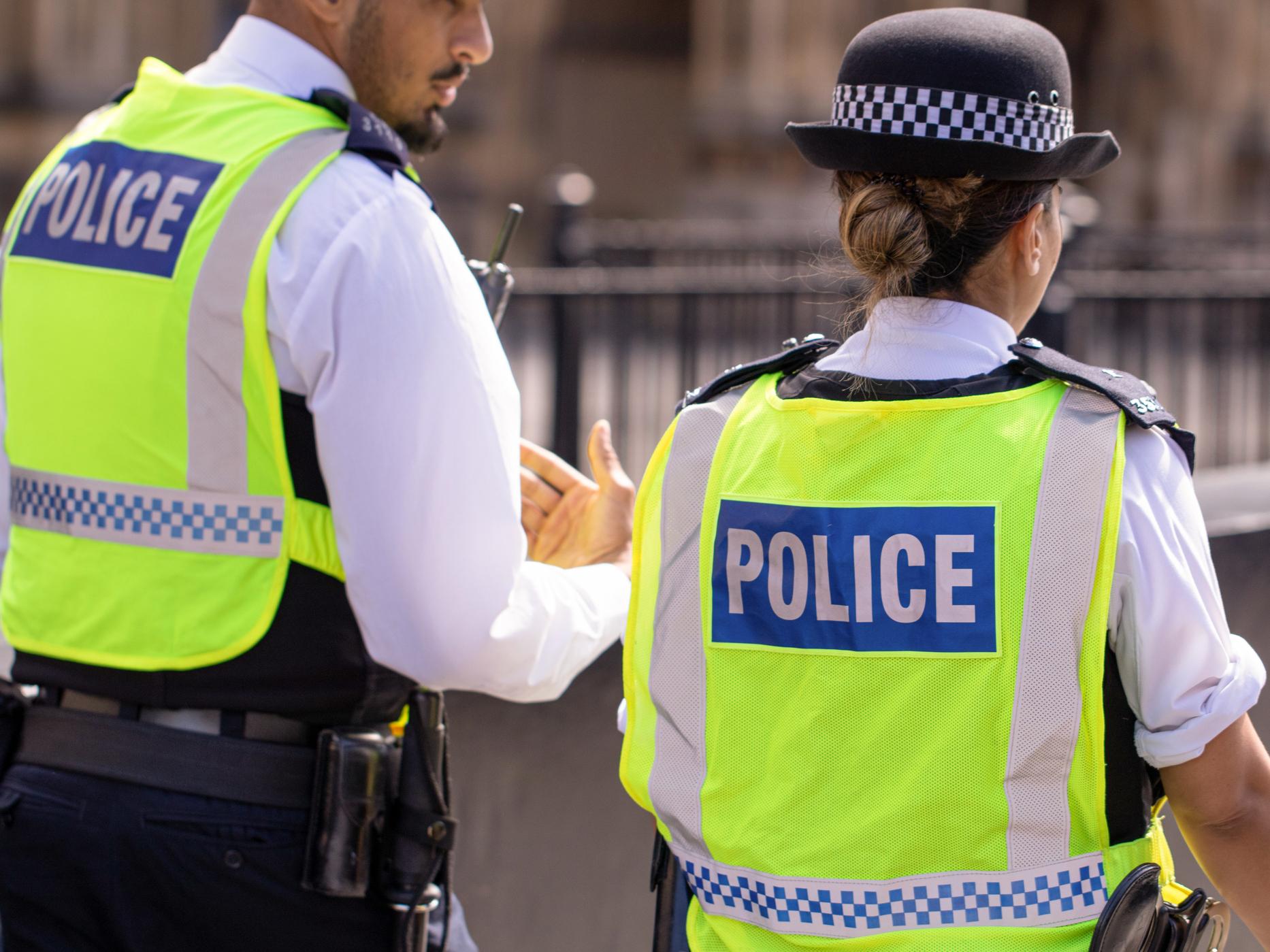
Brian Sims
Editor

Brian Sims
Editor
AN AMBITIOUS programme of reform for policing has been unveiled by Home Secretary Yvette Cooper, in turn marking the start of “a new partnership” between central Government and the police service.

In her first major speech at the Annual Conference hosted by the National Police Chiefs’ Council and the Association of Police and Crime Commissioners, Cooper set out her plans, which include:
*a new Police Performance Unit to track national data on local performance and drive up standards
*a Neighbourhood Policing Guarantee for putting policing ‘back to basics’ and rebuilding trust between local forces and the communities whom they serve
*a new National Centre of Policing to harness new technology and forensics, making sure policing is better equipped to meet the changing nature of crime
The Home Secretary also announced more than half a billion pounds’ worth of additional central Government funding for policing next year to support the Government’s Safer Streets Mission, including an increase in the core grant for police forces and extra resources for neighbourhood policing, the National Crime Agency and counter-terrorism.
A full breakdown of the funding will be published as part of the police settlement in December.
In her speech, the Home Secretary expressed the view that, without a major overhaul to increase public confidence, the British tradition of policing by consent “will be in peril”.
Restoring community patrols
The proposed reforms will restore community patrols with a Neighbourhood Policing Guarantee and an enhanced role for Police and Crime Commissioners to prevent crime. Further, the changes will ensure that policing has the national capabilities it needs to fight fast-changing and complex crimes, which often cut across police force boundaries.
This is part of a ‘strategic reset’ in the relationship between Government and policing, it emerges, with the Home Office taking a more active role in working with policing leaders to drive improvements and ensure policing is set up to succeed rather than being continually frustrated by weak national structures.
In order to drive excellence across policing, the Home Secretary and police system leaders will establish a new National Centre of Policing. While work is underway to determine the scope and scale of the unit, it’s expected to include specialist and supportive functions like forensics, aviation and IT, which have become “fragmented and underpowered” over the last decade.
National arrangements on procurement will also generate savings to reinvest into front line policing.
The all-new Police Performance Framework will be drawn up between policing and the Home Office to make sure standards are upheld across the country. This meets a long-standing recommendation of the policing inspectorate and has the support of the College of Policing and the National Police Chiefs’ Council.
This framework will be underpinned by a new Police Performance Unit in the Home Office, using data to determine force-level improvements and end the postcode lottery on standards.
Central database
The Home Office will create a new central database of high-quality, force-level data tracking local performance in priority areas like knife crime and violence against women and girls.
Ministers will work in collaboration with the College of Policing, His Majesty’s Inspectorate of Constabulary and Fire and Rescue Services and Police and Crime Commissioners to ensure there’s effective intervention when forces are seen to be failing.
Home Secretary Yvette Cooper commented: “Public confidence is the bedrock of our British policing model, but in recent years it has been badly eroded as neighbourhood policing has been cut back and outdated systems and structures have left the police struggling to keep up with a fast-changing criminal landscape.”
Cooper continued: “That’s why we’re determined to rebuild neighbourhood policing, improve performance across police forces and ensure the highest standards are being upheld across the service.”
Further, the Home Secretary noted: “The challenge of rebuilding public confidence is a shared one for Government and policing. This is an opportunity for a fundamental reset in that relationship. Together, we will embark on this roadmap for reform to regain the trust and support of the people we all serve and to reinvigorate the best of policing.”
Cooper affirmed: “The reform agenda has the backing of police leaders, with the Government committed to working in lockstep with them in order to rebuild trust between the police forces and the communities whom they serve. The work will be set out in a White Paper, due to be published in the early part of next yar ahead of legislation.”
Dorset House
64 High Street
East Grinstead
RH19 3DE
UNITED KINGDOM
01342 31 4300